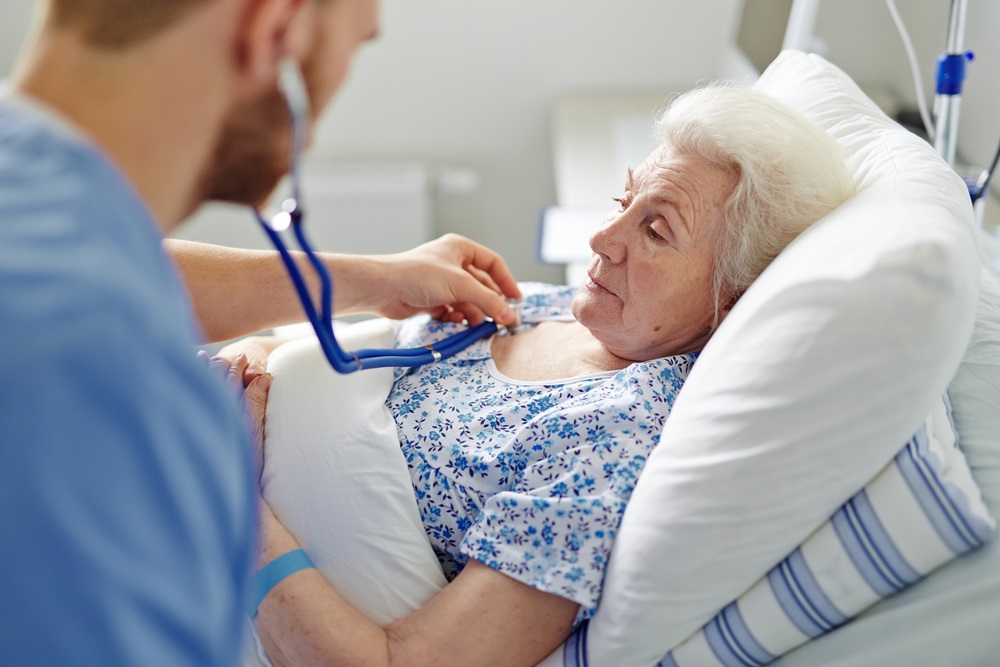COVID-19 Relief for New Jersey Seniors and Long-Term Care Facilities

The impact of COVID-19 has disproportionately affected New Jersey seniors living in long-term care facilities. Nearly half of the state’s deaths were residents of these facilities, and nursing homes remain under strict lockdown. I have mourned the loss of clients and listened as families shared devastating stories of death, sudden and drastic decline, and isolation.
Finally, the New Jersey legislature has enacted a series of measures to address these issues and provide some relief for facilities, staff, and residents. Governor Murphy signed four new bills aimed at improving long-term care facilities’ response to COVID-19 on Wednesday, September 16.
State Funding for COVID-19-Related Costs
A-4547 provides $62.3 million in state funding for COVID-19-related costs including infection control and PPE. The funds can also be used to cover wage increases passed in another bill. These funds would be matched with federal monies, bringing the total funds available to $130 million. The bill also includes a provision requiring facilities to return the funds received if they have two or more infection control violations.
Another bill increases the minimum wage for direct care workers. This measure is important not only to compensate the essential workers who work under difficult conditions but to ensure that there are enough qualified workers available to fill these positions. Recent reports have stressed the systemic problems of understaffing and frequent turn-over, which these two bills are aimed at relieving.
COVID-19 Long-Term Care Task Force
The final two bills create a long-term care task force to recommend additional reforms and a long-term care emergency operations center. The task force would include industry representatives and consumer advocates. The emergency center would serve as a central command during a second COVID-19 wave or future health emergencies, addressing one of the central criticisms of the Murphy response -- that it did not focus early enough and closely enough on long-term facilities. Additional reforms have been introduced and have yet to pass both the assembly and senate. These include testing protocols, requiring facilities to maintain stockpiles of PPE, retroactive compensation to direct care staff in long-term care facilities, paid sick leave for employees, development of facilities’ outbreak response plans, and requirements for additional resources to ameliorate residents’ social isolation. Hopefully, these and other reforms will reduce the continuing impact of COVID-19 and future health emergencies on our most vulnerable population.
If you have any questions about this post or any other related matters, please feel free to email me at ssiegel@norris-law.com. For other topics related to the coronavirus, visit our Coronavirus Thought Leadership Connection.
The information contained in this post may not reflect the most current developments, as the subject matter is extremely fluid and constantly changing. Please continue to monitor this site for ongoing developments. Readers are also cautioned against taking any action based on information contained herein without first seeking advice from professional legal counsel.




